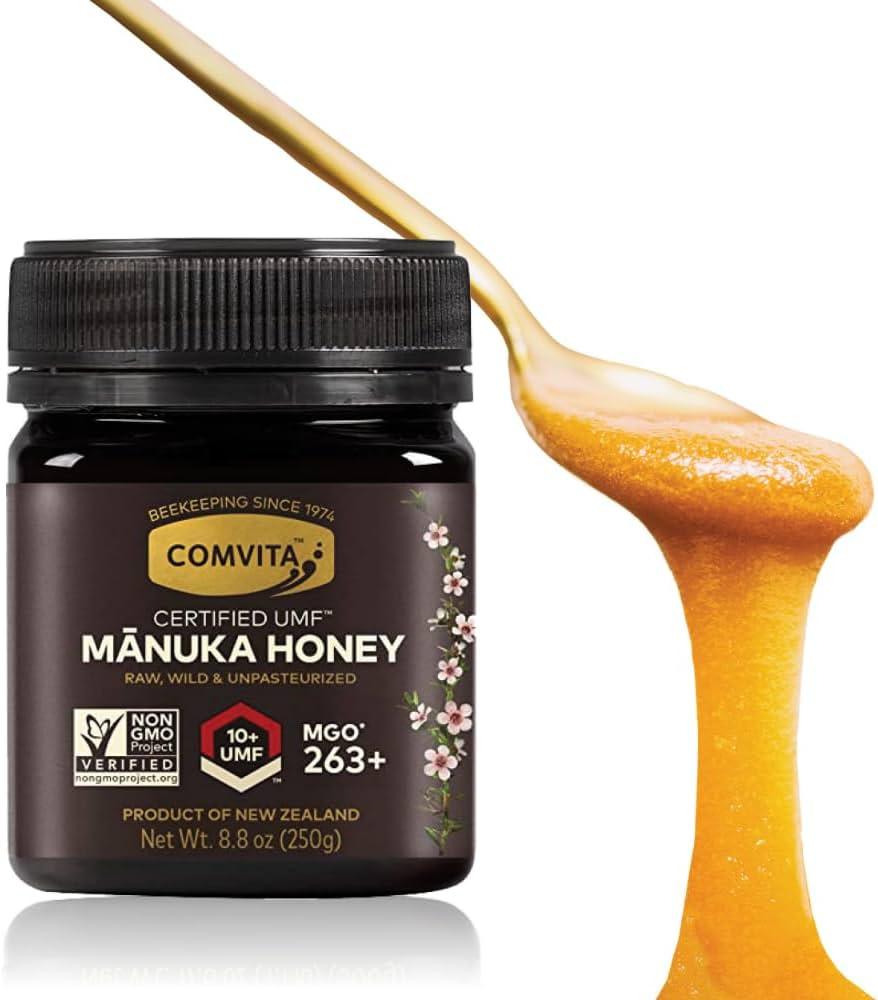Title: “Is Pretzels and Peanut Butter Healthy? A Crunchy Exploration”
Introduction:
In the realm of snack time, few combinations are as enticing as the salty crunch of pretzels paired with the creamy richness of peanut butter. Whether enjoyed as a midday treat or a post-workout refuel, this duo has captured the hearts—and taste buds—of snackers everywhere. But as with many popular food pairings, the question lingers: is this delectable combination truly healthy? As we navigate the intricate landscape of nutrition, we’ll delve into the components of pretzels and peanut butter, weighing their benefits and potential drawbacks. So, grab a handful of this crunchy delight, and join us on a journey to uncover whether this beloved snack is a guilt-free indulgence or a caloric conundrum.
Nutritional Breakdown of Pretzels and Peanut Butter
When analyzing the nutritional makeup of pretzels, it’s important to consider their main components. Typically made from refined flour, pretzels are low in fat but can be high in sodium, depending on how they are prepared. A standard serving often includes:
- Calories: Approximately 108
- Carbohydrates: Around 22 grams
- Protein: About 3 grams
- Sodium: Can exceed 500 mg in flavored varieties
Peanut butter, on the other hand, brings a wealth of nutrients that can enhance the overall health profile of this snack pairing. A typical 2-tablespoon serving of natural peanut butter provides:
- Calories: Approximately 188
- Protein: Roughly 8 grams
- Healthy Fats: About 16 grams
- Fiber: Around 2 grams
When combined, pretzels and peanut butter create a balance of carbohydrates and protein, which can aid in energy replenishment and satiety, making them suitable for a quick snack. However, moderation is key to ensuring that their potential health benefits do not get overshadowed by high sodium content or excess calories.
The Health Benefits of Combining Pretzels and Peanut Butter
The delightful combination of pretzels and peanut butter not only satisfies your cravings but also comes with several health benefits. Pretzels are a good source of carbohydrates, providing an instant energy boost, while peanut butter contributes healthy fats, protein, and numerous vitamins and minerals. Together, they create a balanced snack that can enhance your diet. Notably, this pairing can help keep you feeling full longer, reducing the temptation for unhealthy snacking later in the day.
Furthermore, when you dip your pretzels in peanut butter, you’re also introducing beneficial nutrients such as magnesium, vitamin E, and antioxidants into your diet. The synergy of these ingredients can support various aspects of your health, including:
- Heart Health: Healthy fats from peanut butter can promote cardiovascular health.
- Muscle Repair: The protein content aids in muscle recovery after exercise.
- Blood Sugar Control: This combination can help stabilize blood sugar levels thanks to its balance of fats and carbs.
| Nutrient | Pretzels | Peanut Butter |
|---|---|---|
| Calories (per 28g) | 108 | 188 |
| Protein (g) | 3.5 | 7.0 |
| Healthy Fats (g) | 0.5 | 16.0 |
Potential Drawbacks and Considerations for Moderation
While pretzels and peanut butter can offer certain health benefits, moderation is key to ensuring they fit well within a balanced diet. Pretzels, although often low in fat and calories, may contain high levels of sodium, especially when seasoned. This can pose risks for individuals managing hypertension or those sensitive to salt. Additionally, the carbohydrates found in pretzels may cause blood sugar spikes, particularly if consumed in excess, which could be a concern for those with diabetes.
On the other hand, peanut butter is known for its protein content and healthy fats but comes with its own considerations. Many commercial peanut butter brands include added sugars, hydrogenated oils, or preservatives, which can detract from their nutritional value. To maximize the benefits, selecting a natural or organic variety with minimal ingredients is advisable. Balancing the portion size of peanut butter is crucial, as its calorie density can lead to unintentional overconsumption and weight gain if not accounted for in overall daily caloric intake. Ultimately, a mindful approach ensures that the snack remains a part of a nutritious, well-rounded diet.
Smart Tips for Incorporating Pretzels and Peanut Butter into a Balanced Diet
Incorporating pretzels and peanut butter into your meals can be both delicious and nutritious when done thoughtfully. Start by choosing whole grain or traditionally baked pretzels, as these options provide more fiber and essential nutrients compared to refined varieties. Pairing these with natural, unsweetened peanut butter not only adds protein and healthy fats but also enhances satiety, helping to control cravings. Consider using the pretzels as a crunchy topping for yogurt or salads, creating a satisfying blend of textures and flavors. This simple addition can transform a mundane dish into a more exciting and balanced meal.
For those looking to enjoy this duo as a snack, moderation is key. Here are some smart ways to enjoy pretzels and peanut butter:
- Portion Control: Use small serving sizes of pretzels, around one ounce, with a tablespoon of peanut butter.
- Protein Boost: Add sliced bananas or apple wedges to your peanut butter for an extra nutrition kick.
- Creative Pairings: Mix pretzel pieces into energy bites made with oats, honey, and dried fruits for a homemade treat.
Insights and Conclusions
the combination of pretzels and peanut butter presents a delightful snack option that balances crunch and creaminess. While the nutritional profile of this duo showcases the benefits of protein and fiber alongside the potential pitfalls of excess sodium and calories, moderation remains key. Whether you enjoy this pairing as a midday treat, a post-workout boost, or a simple indulgence, being mindful of portion sizes and ingredients can help transform this nostalgic snack into a healthier choice. So next time you reach for those pretzels and peanut butter, remember: savor it, relish it, but also be aware of how it fits into your overall dietary landscape. After all, happiness in snacking is about balance, flavor, and a sprinkle of mindfulness.
